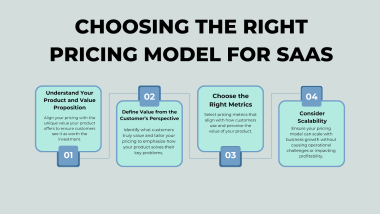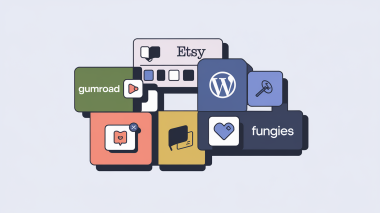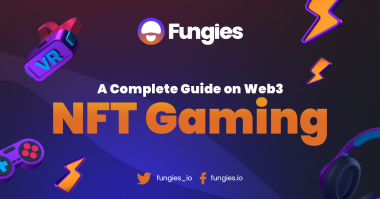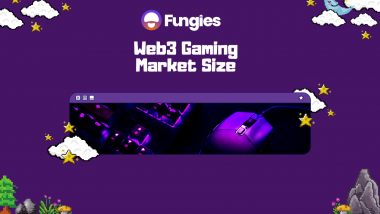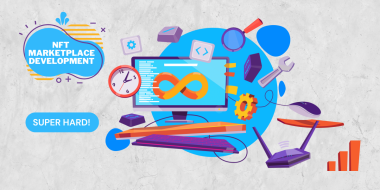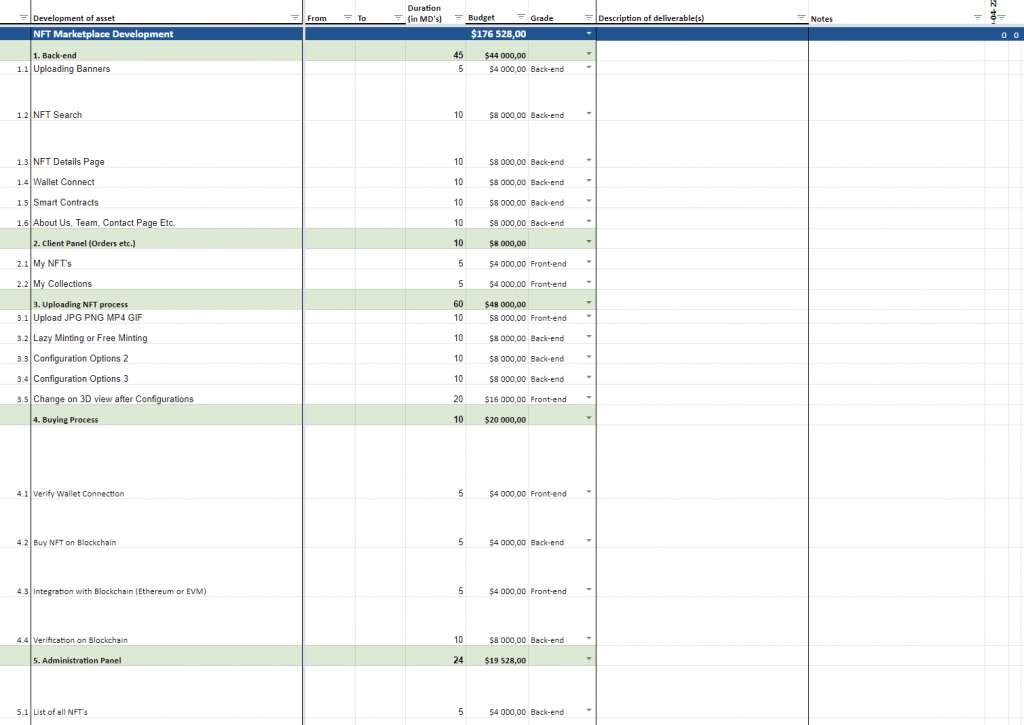
Building an NFT marketplace like OpenSea can be a complex and expensive undertaking. There are several factors to consider when estimating the cost of building a marketplace, including the development team, the technical requirements, and the design and branding needs. Here is a breakdown of the potential costs of building an NFT marketplace like OpenSea.
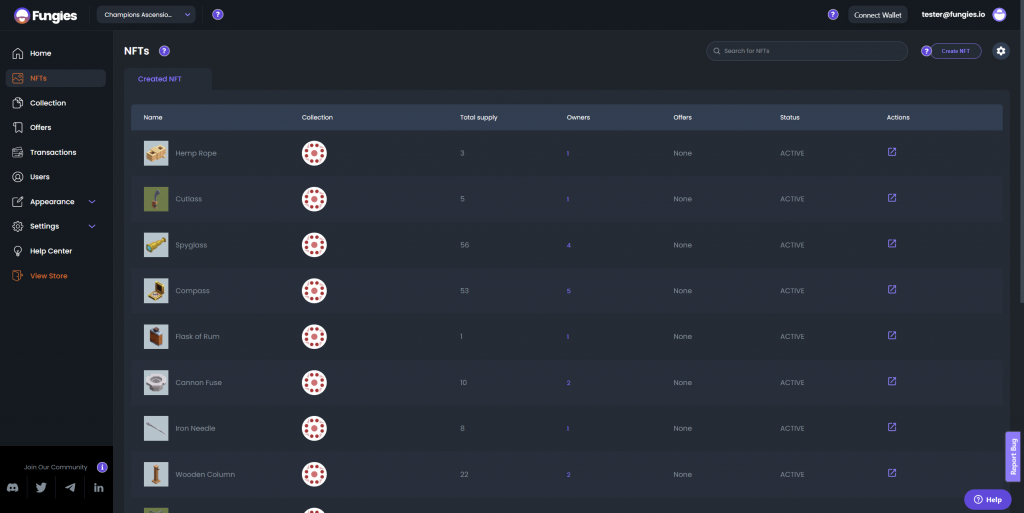
- Development Team: The cost of hiring a development team to build a custom NFT marketplace can vary widely depending on the size of the team and their experience. A team of developers may include front-end developers, back-end developers, and blockchain developers, each with different levels of experience and expertise. The cost of a development team will depend on the location of the developers, with hourly rates varying from country to country. For instance, the hourly rate for developers in the United States may range from $100 to $250 per hour, while developers in India or Ukraine may charge between $25 to $50 per hour. Depending on the size of the development team, the cost of building an NFT marketplace like OpenSea could range from $50,000 to $500,000 or more.
- Technical Requirements: Building an NFT marketplace like OpenSea requires several technical components, including blockchain integration, smart contracts, metadata storage, and API integration. The cost of these technical requirements will depend on the blockchain used and the level of customization needed. For example, integrating with the Ethereum blockchain may be more expensive than integrating with a smaller, less popular blockchain. Smart contracts are essential to NFT marketplaces and can range in complexity and cost. A simple smart contract may cost around $5,000 to develop, while a more complex contract may cost upwards of $25,000. Metadata storage is necessary to store information about the NFTs and can be integrated using a variety of storage solutions. The cost of metadata storage can vary from $500 to $10,000 or more. Finally, API integration is necessary to allow for easy integration with third-party services, and the cost will depend on the number of APIs needed and their complexity. API integration can range from $2,000 to $20,000 or more.
- Design and Branding: The design and branding of an NFT marketplace are essential to its success, and the cost will depend on the level of customization needed. A basic design may cost around $5,000, while a more customized design could cost upwards of $25,000 or more. Branding elements such as logos, color schemes, and font choices may be developed in-house or outsourced to a branding agency, with costs ranging from $5,000 to $25,000 or more.
- Security and Testing: Ensuring the security of an NFT marketplace is critical to protecting user data and preventing fraud. This may include security audits, penetration testing, and ongoing security updates. The cost of security and testing will depend on the size and complexity of the marketplace, with costs ranging from $10,000 to $50,000 or more.
- Marketing and Promotion: Building a successful NFT marketplace requires a comprehensive marketing and promotion strategy. This may include social media campaigns, influencer outreach, and paid advertising. The cost of marketing and promotion will depend on the target audience and the desired reach, with costs ranging from $10,000 to $100,000 or more.
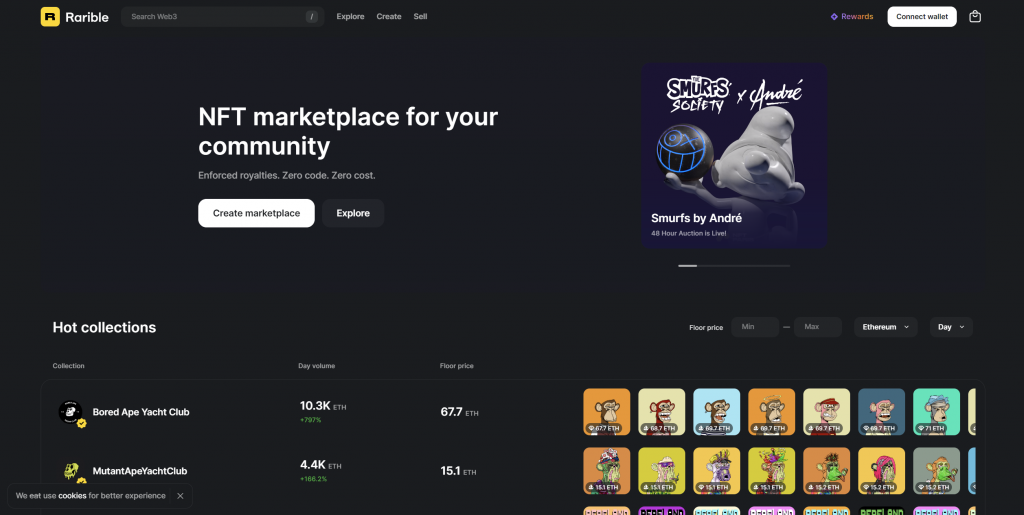
Creating an NFT marketplace from scratch can be a daunting task, requiring a great deal of technical expertise, attention to detail, and dedication to the project. While the concept of NFTs has become increasingly popular in recent years, building a functional and successful marketplace that can support the trading and selling of these unique digital assets is no small feat.
The first step in creating an NFT marketplace is to decide on the platform and technology that will be used. Many marketplaces are built on Ethereum, which is currently the most widely used blockchain for creating and trading NFTs. However, other blockchains such as Binance Smart Chain, Flow, and Polygon are also gaining popularity. Once a blockchain platform is selected, it is important to determine the specifics of the marketplace, including the user interface, user experience, and the features that will be offered.
Building an NFT marketplace requires a deep understanding of blockchain technology, including smart contracts, cryptography, and decentralized applications. In order to create a functioning marketplace, it is necessary to write custom smart contracts that will manage the creation, sale, and trading of NFTs. Smart contracts are self-executing contracts that run on the blockchain, and are used to automate various processes within the marketplace.
One of the biggest challenges in creating an NFT marketplace is ensuring that the platform is secure and resilient. Because NFTs are unique and valuable digital assets, they are a prime target for hackers and cybercriminals. Building a secure platform requires extensive testing and quality assurance to ensure that the marketplace is resistant to attacks and data breaches.
Another challenge in creating an NFT marketplace is attracting and retaining users. In order to succeed, the marketplace must be able to offer features that are not available on other platforms, and provide a user experience that is intuitive and user-friendly. This requires a deep understanding of user behavior and preferences, and the ability to create a compelling product that can capture and hold the attention of users.
In addition to the technical challenges involved in building an NFT marketplace, there are also legal and regulatory issues to consider. Depending on the jurisdiction, the sale and trading of NFTs may be subject to securities laws, tax laws, and other regulations. This requires a thorough understanding of the legal landscape, and the ability to design the marketplace in a way that is compliant with applicable regulations.
Once the technical and regulatory challenges have been addressed, building an NFT marketplace also requires a significant investment of time and resources. Developing a custom platform can be an expensive and time-consuming process, requiring a team of skilled developers, designers, and project managers. In addition to the initial development costs, ongoing maintenance and updates will be necessary to ensure that the platform remains secure and up-to-date.
Despite the challenges involved, creating an NFT marketplace can also be a highly rewarding endeavor. The popularity of NFTs has skyrocketed in recent years, with high-profile sales and auctions capturing the attention of the mainstream media. By building a successful marketplace, it is possible to tap into this growing market and create a valuable platform that can help connect buyers and sellers from around the world.
In summary, the cost of building an NFT marketplace like OpenSea can vary widely depending on several factors. Based on the above estimates, the total cost of building an NFT marketplace like OpenSea could range from $82,000 to $725,000 or more. This estimate is intended to provide a rough idea of the potential costs involved and may vary widely depending on the specific needs and requirements of the project.
